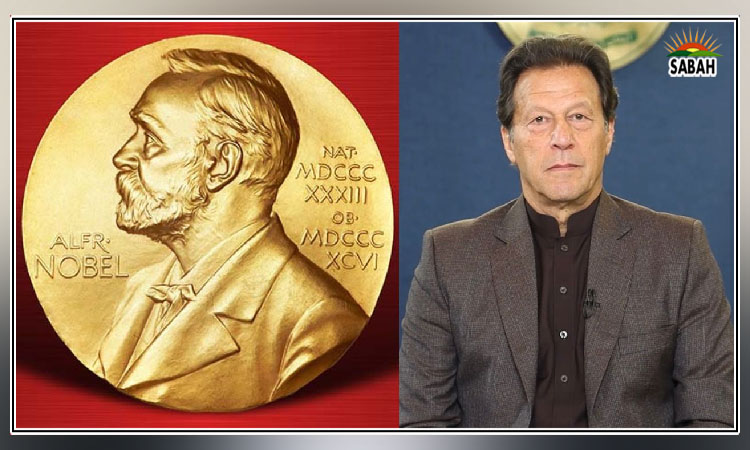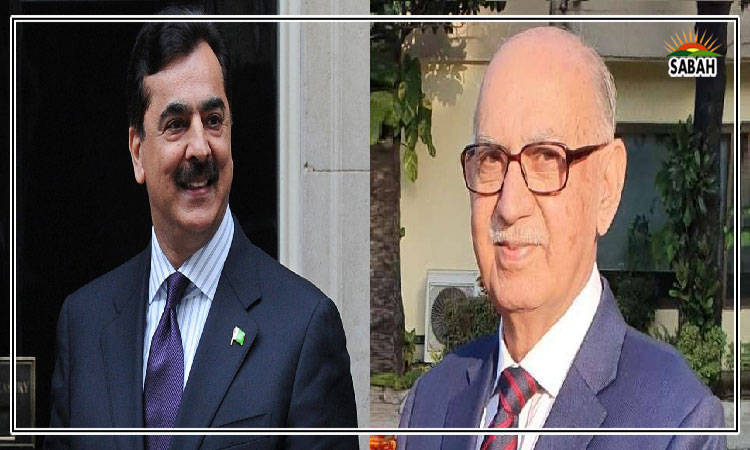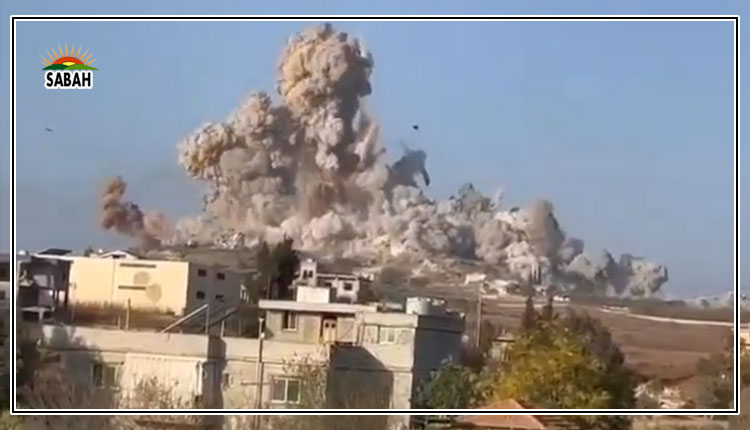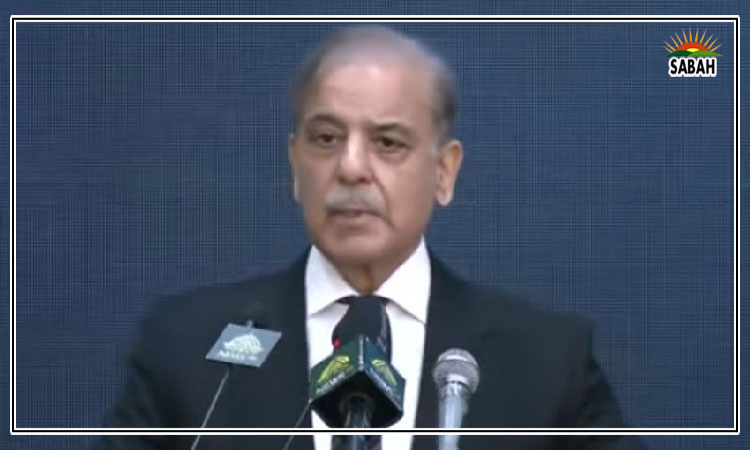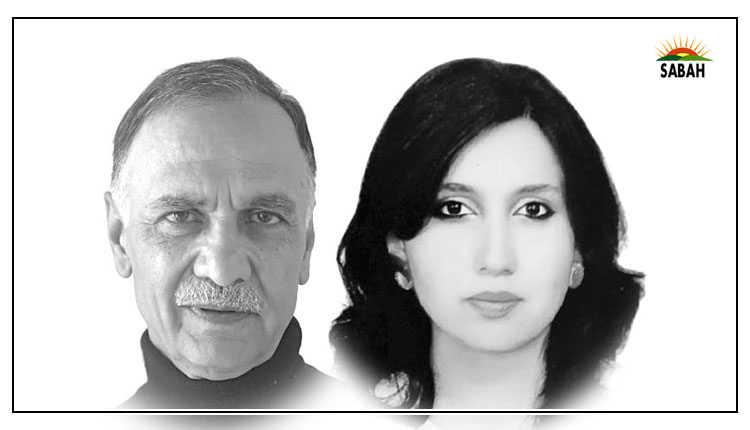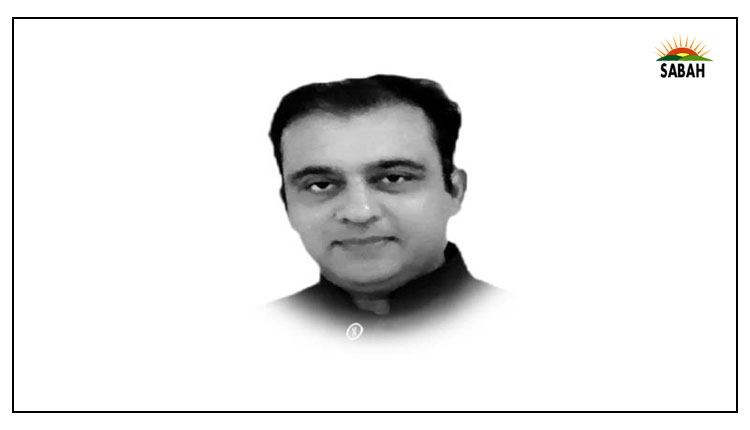Should we put Kashmir on the backburner?…. Kamran Yousaf
After Gen Qamar Javed Bajwa’s retirement, several stories about key developments that took place during his 6-year term have surfaced. One revelation that was really fascinating was how Gen Bajwa pushed for rapprochement with India during his second term as an Army Chief. Senior journalist Javed Chaudhry, who recently met Gen Bajwa, disclosed that Indian Prime Minister Narendra Modi was scheduled to travel to Pakistan in April 2021 as part of efforts to open a new chapter of friendly relationship between the two nuclear armed neighbours.
The visit was planned after a series of backchannel talks between then DG ISI Lt Gen Faiz Hameed and Indian National Security Adviser Ajit Doval. Those efforts led to the renewal of a ceasefire agreement between the two countries along the LoC in the disputed Kashmir region in February 2021. The announcement was surprising since both countries were not having any formal talks. After many years, both sides issued simultaneous statements in Islamabad and New Delhi. The development was contrary to the state of relationship between the two countries especially after India unilaterally revoked the special status of the disputed Kashmir region in August 2019. Pakistan, in reaction, downgraded diplomatic ties and suspended bilateral trade with India. But as part of a confidence building measures following the renewal of the ceasefire, the two countries were to resume trade ties in March. The next move was to be the surprise visit of Modi. However, neither the trade was resumed nor did Modi’s visit materialise. The reason was that Prime Minister Imran Khan was warned of serious public backlash since the plan purportedly suggested freezing the Kashmir dispute for 20 years. His Foreign Minister Shah Mehmood Qureshi warned Imran that any such move would be seen as Kashmir sellout. Hence, the plan remained a pipedream.
But let’s examine whether the proposal was in the interest of Pakistan? It has to be said without any doubt that Pakistan’s position on Kashmir has considerably weakened over the years because of our own follies. There was a time when India officially acknowledged that Kashmir is a disputed territory and needs a final settlement. Now, India does not even acknowledge that in public. Pakistan could have struck a far better deal on Kashmir when Indian Prime minister Atal Behari Vajpayee travelled by bus to Lahore in a historic visit in 1998 after the two countries became nuclear. Vajpayee agreed to find a solution to the lingering dispute. The two countries had agreed on a composite dialogue but then Kargil happened. Even after the military coup, there were prospects of a rapprochement. Gen Musharraf resumed peace talks with the Vajpayee government and later continued the same with Prime Minister Manmohan Singh.
In fact, the peace process from 2004 to 2007 was considered as most promising for resolving the Kashmir dispute. The two countries even shared non-papers envisaging a roadmap for settling the lingering conflict. Prime Minister Manmohan Singh was to travel to Pakistan in 2007 to sign agreements on Siachen and Sir Creek. But Musharraf’s move to sack then Chief Justice Iftikhar Chaudhry triggered a lawyers’ movement that eventually saw the ouster of the military ruler. The November 2008 Mumbai attacks dealt a fatal blow to any chances of a thaw between the two countries. After that the two countries did try to resume the peace process but India by that time entered into a strategic relationship with the US and its growing economic clout meant hardening of its stance on Kashmir.
Let’s not forget when India was growing economically, Pakistan was reeling from one crisis after another. It was because of this reason that Gen Bajwa thought that a thaw with India was necessary to focus on resurrecting the economy. It may sound highly unpopular — even unpatriotic, to some — but Pakistan will have to freeze discussions on Kashmir for the time being and first put its own house in order.
Courtesy The Express Tribune, January 16th, 2023.





